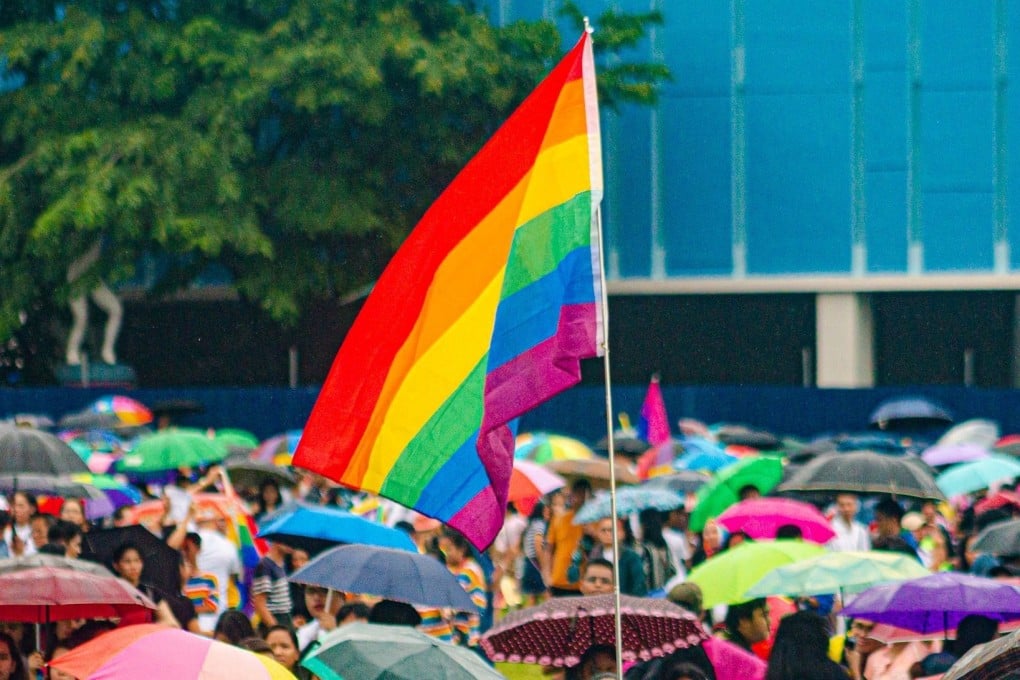Advertisement
As Philippines marks pride month, low-income LGBT folk struggle to be heard
- Every June, Filipinos from the LGBT community gather to assert their rights, but working-class people face challenges in being out and free
- Advocates say local anti-discrimination laws don’t go far enough to protect the community, while a house bill to protect LGBT folk has been stymied for years by Duterte’s allies
Reading Time:5 minutes
Why you can trust SCMP
1

Geela Garciain Manila
Anne Villarama, a 37-year-old housekeeper in Manila, longs to be able to wave a rainbow flag in a pride parade without fear one day.
Advertisement
The mother of one belongs to the LGBT community, which has long faced discrimination in the Philippines, a country with a mostly Catholic population that has conservative views around issues of gender diversity.
For many LGBT folk, the pride month of June has been a time for the community to rally and assert their rights. Until the Covid-19 pandemic put a halt to physical events, the turnout at pride marches had risen every year, with the Metro Manila Pride march seeing a record 70,000 attendees in 2019.

But for people like Villarama, being part of the working class makes it a challenge to be openly free to be themselves.
“My mother still doesn’t know I’m bisexual,” she said. “I cannot come out to her because I still remember her enraged reaction when somebody asked if I’m not straight.”
Villarama earns the city’s minimum wage of 537 pesos (or US$11) a day, most of which goes back to her family in her hometown. Their survival is her top priority.
Advertisement
“I’d tell my family if they ask, but I don’t think about it much now because what’s important is I’m able to send them money,” she said.


Advertisement